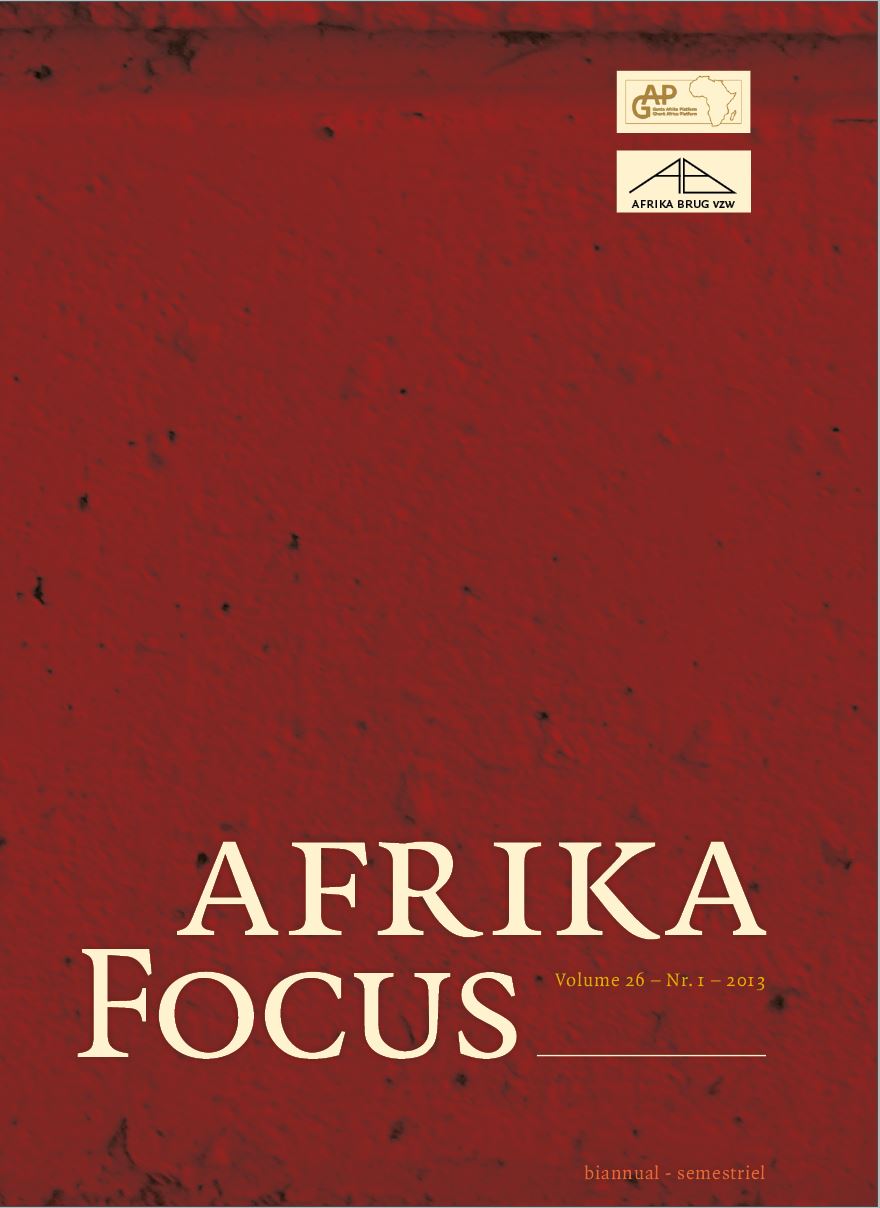Wolf in sheep’s clothing? The interpretation and application of the equality guarantee under the Ethiopian constitution
DOI:
https://doi.org/10.21825/af.v26i1.4923Abstract
Constitutionally prohibited grounds of differentiation are normally allowed to command the deserved heightened degree of deference before they are set aside in the implementation of the equality guarantee which underpins the remainder of the ‘Bill of Rights.’ So, too, emphasis should be placed on the imperatives of walking the tight rope in reconciling and balancing competing interests that have a legitimate claim to equal attention in order that the equality guarantee is translated into practice. Nevertheless, the obiter dicta of the House of the Federation in the Benishagul Gumuz decision too easily dispensed with explicit constitutional prohibition of distinctions based on attributes such as language and ethnic origin and legitimated the use of the working language of a regional state as a criterion for candidacy in future elections. The driving motive appears to be to promote (the right to) the use of indigenous languages of each regional state as the official working language, a right that has been denied to the great majority of the nations, nationalities and peoples of the country. This paper explores the conceptual and normative underpinnings of the right to equality, in the light of which it argues that the House of the Federation has erroneously responded to one threat with another. The crux of the contention is that instead of devising ways that uphold every citizen’s right to the use of one’s language anywhere in the country, it takes away the same rights from the non-indigenes of the various regional states, thereby consigning them to the fate either of forced assimilation or permanent exclusion from elections in the path towards public office. Key words: equality, discrimination, language rights, Ethiopian constitution, Constitutional interpretation, Benishangul Gumuz, election, right to vote, ethnic federalismDownloads
Published
How to Cite
Issue
Section
License
Authors who publish with this journal agree to the following terms
Authors retain copyright and grant the journal right of first publication with the work simultaneously licensed under a Creative Commons Attribution License that allows others to share the work with an acknowledgement of the work's authorship and initial publication in this journal.
Authors are able to enter into separate, additional contractual arrangements for the non-exclusive distribution of the journal's published version of the work (e.g., post it to an institutional repository or publish it in a book), with an acknowledgement of its initial publication in this journal.
Authors are permitted and encouraged to post their work online (e.g., in institutional repositories or on their website) prior to and during the submission process, as it can lead to productive exchanges, as well as earlier and greater citation of published work (See The Effect of Open Access).


